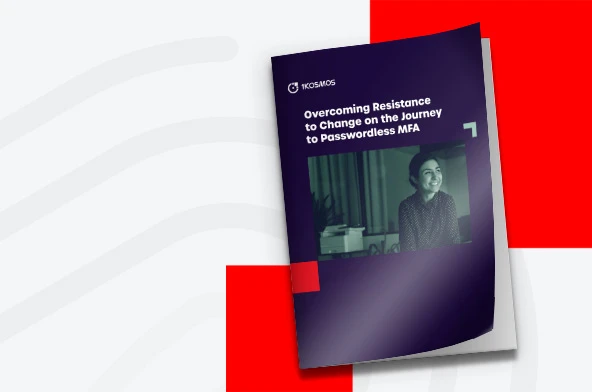A Blockchain-Based Digital Identity and Voting System
The finance industry is seeing big strides with using blockchain technology, but this is not the only industry that will be able to use this technology. While blockchain is strongly associated with transactions and payments, mostly because it was originally used with Bitcoin, the potential that comes from this technology is so much bigger than just in the finance and payment sector. There is actually a lot of potentials that comes from using blockchain and almost any industry could benefit. The projects that are already being developed show the impact that this technology can have in all different industries that can use blockchain to speed up service, save money, and help make their customers happy. Here are two uncommon industries that could also benefit from blockchain tech and take the existing framework to whole new level. let’s see how blockchain can be used for identity proofing and digital voting scenario.
Digital Identity
When it comes to the security industry, identity proofing with the help of blockchain could be the key to helping out. If you are able to trust someone when they say who they are, then you are able to connect that person to the applications they are able to use. Digital identities are a great idea, but they have a lot of issues right now. It is pretty easy to set up an identity that is fake or even to steal someone else’s identity. Passwords are commonly used, but they are not that secure and the databases that store the passwords are often under attack by hackers. Once one of these databases are attacked, the hacker can access all the customer data that is on the system.
Blockchain could take care of some of these digital identity issues. These identification systems are secure, irrefutable, unique and pretty much impossible for an outside source to gain access without the proper authorization. And there are already some companies, like 1kosmos, that are building these kinds of systems. There are so many applications of using blockchain such as birth certificates, residency, marriage certificates, driver’s licenses, digital identities, passports and so much more.
Digital Voting
After building the technology that allows for digital signatures and digital identities, it is pretty easy to authenticate the identity of the user with other actions and transactions online. This could be used with digital voting and identity proofing with just a few changes to the blockchain platform in the future. The main reason that digital voting has not become a reality throughout the world is that there are concerns about privacy and security. Many companies have tried to perform large scale digital voting, but so far only Estonia has been successful. In 2014, Denmark did use the blockchain technology for some small-scale voting, but it has not been expanded throughout the whole country yet.
With the help of a voting system that is based on the blockchain, a voter is able to check that their vote is sent, while still making sure that their privacy is maintained and their identity was hidden. In addition, digital voting would make it easier for more people to put in their votes, especially those who live too far from a polling station or who aren’t able to get enough time off work. One prime example is Brazil utilizing the blockchain for voting system.
Brazil will be one of the principal nations to embrace the blockchain innovation to change the voting framework and identity proofing. It is a promising endeavor, and it will be extremely intriguing to perceive how this venture creates and how it can really adjust the circumstance on the planet’s fifth biggest nation. Different countries could be motivated by Brazil and receive the blockchain innovation later on.
